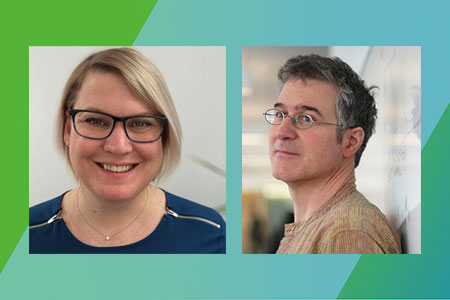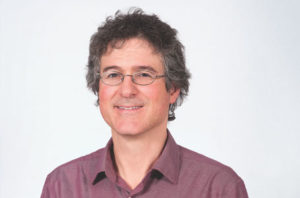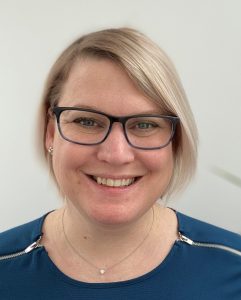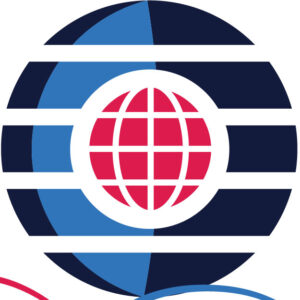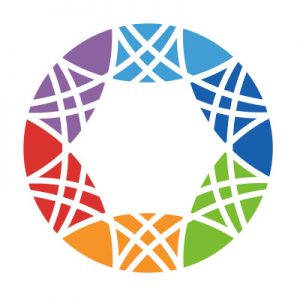Dr. Mélanie Courtot and Dr. Lincoln Stein will investigate ways to overcome barriers to sharing and integrating global genomics data.
An international effort to harness genomics data and spread precision cancer care around the world launched this week and two OICR researchers will play key roles.
Dr. Mélanie Courtot and Dr. Lincoln Stein join a team of experts on the Lancet Oncology Commission focused on cancer genomics and precision oncology, which will investigate barriers to accessing genomics-driven cancer diagnostics and therapies — particularly in low- and middle-income countries — and present practical solutions to overcome them.
Recent discoveries about how DNA variants affect our risk of cancer and response to medications, and new technologies to test for these variants, have allowed for cancer treatment to be tailored to a patient’s specific genetic makeup. But the technology and data needed to personalize cancer care is not available to most of the world, challenged by logistical, regulatory and financial barriers.
“This commission has the ambitious goal of improving the lives of people affected by cancer and their families and driving the evolution of precision oncology over the next decades,” Dr. Raffaella Casolino, who co-leads the commission with her University of Glasgow colleague Dr. Andrew Biankin, said in a news release.
Led by the University of Glasgow, the commission will involve organizations including the European Society for Medical Oncology (ESMO), the International Agency for Research on Cancer (IARC/WHO), Latin American Cooperative Oncology Group (LACOG), African Organisation for Research and Training in Cancer, the Asian Oncology Society (AOS), the Global Alliance for Genomic and Health (GA4GH), the International Quality Network for Pathology (IQN Path), the U.S. Food and Drug Administration (FDA), and many others.
It will be coordinated by the International Cancer Genome Consortium: Accelerating Research in Genomic Oncology (ICGC-ARGO), a project to harmonize and share global genomics data for improved cancer diagnosis and treatment. Courtot leads the ICGC-ARGO Data Coordination Centre as part of her role as Director of Genome Informatics at OICR. Stein is Head of Adaptive Oncology at OICR and leads the ICGC Data Coordination and Management Working Group.
For the Lancet commission, Courtot and Stein will lead a working group on data processing, which will explore technical solutions to improve genomics data sharing and integration across the world. They are also both co-authors of the Lancet paper announcing the commission.
Courtot says it’s critical that genomic data sets are representative of the global population. “If we want more equitable cancer care for eight billion people around the world, the diversity of our data will need to be expanded and worldwide data will need to be integrated,” she says.
Stein says there are several regulatory and ethical challenges that will need to be overcome. “One of the biggest challenges of moving data across borders is balancing patient confidentiality against the benefits of doing research with large data sets.” he says. “We’ll be looking at technical solutions, such as federated learning models, which could allow for data analysis without having to move the data around.”
Other working groups will focus on overcoming challenges in clinical translation, ethics, implementation, education and training. The commission’s findings and recommendations will be widely distributed in The Lancet.
This story was adapted from a news release by the University of Glasgow.

